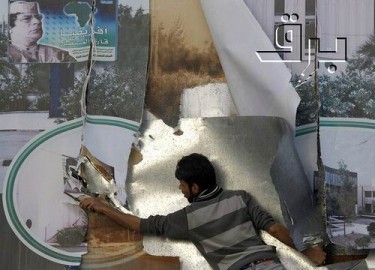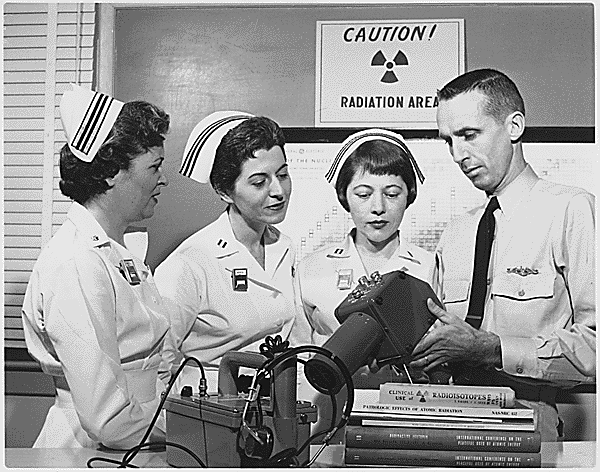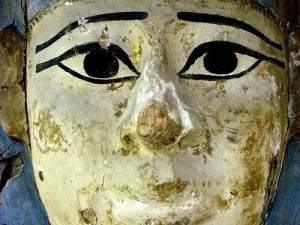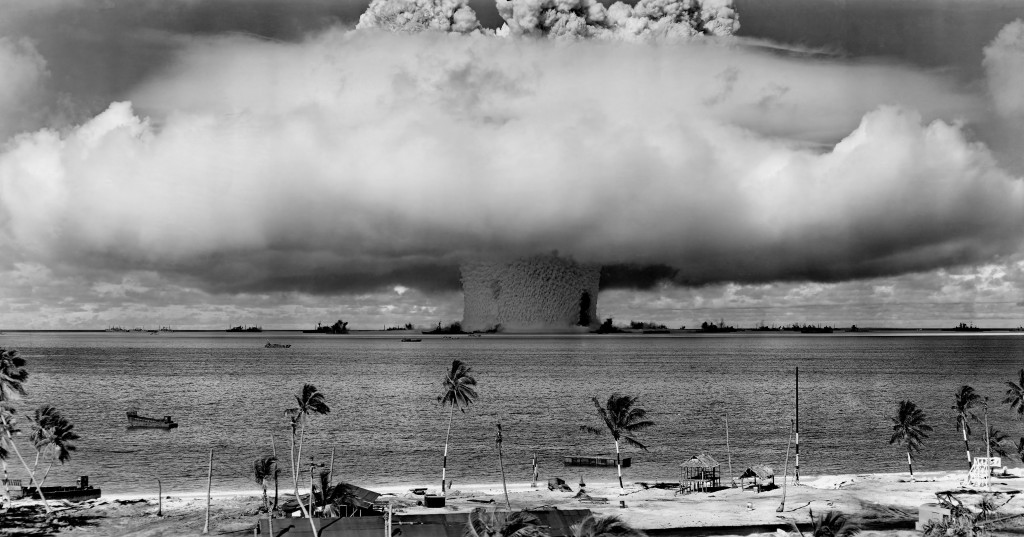 Three weeks ago, a BBC journalist experienced first hand the random brutality of Libyan leader Muammar Gaddafi’s security forces. Chris Cobb-Smith and two colleagues were heading to the town of Zawiya to cover the conflict, when security forces arrested them at a checkpoint and hustled them off to a makeshift prison. There guards repeatedly beat one of Cobb-Smith’s colleagues with a plastic pipe and other implements. The next morning, they drove Cobb-Smith and his associates to another compound and lined them up execution- style along a wall.
Three weeks ago, a BBC journalist experienced first hand the random brutality of Libyan leader Muammar Gaddafi’s security forces. Chris Cobb-Smith and two colleagues were heading to the town of Zawiya to cover the conflict, when security forces arrested them at a checkpoint and hustled them off to a makeshift prison. There guards repeatedly beat one of Cobb-Smith’s colleagues with a plastic pipe and other implements. The next morning, they drove Cobb-Smith and his associates to another compound and lined them up execution- style along a wall.
One of the guards pointed a submachine gun equipped with a silencer at the terrified men, and ordered them to face the wall. Then, as Cobb-Smith recalled in a recent interview, “he pointed the barrel at each of us. When he got to me at the end of the line, he pulled the trigger twice. The shots went past my ear.”
Cobb-Smith and his colleagues were released a few hours later, badly shaken by these experiences. But many Libyan civilians appear to have been far less fortunate. In May, International Criminal Court prosecutor Luis Moreno-Ocampo will present a report to the United Nations Security Council on alleged war crimes committed by Libyan security forces in the first days of the armed conflict, from February 15th to 26th.
I have become increasingly interested in these grim cases because archaeologists often take part now in the investigations, conducting excavations of mass graves. Continue reading →







